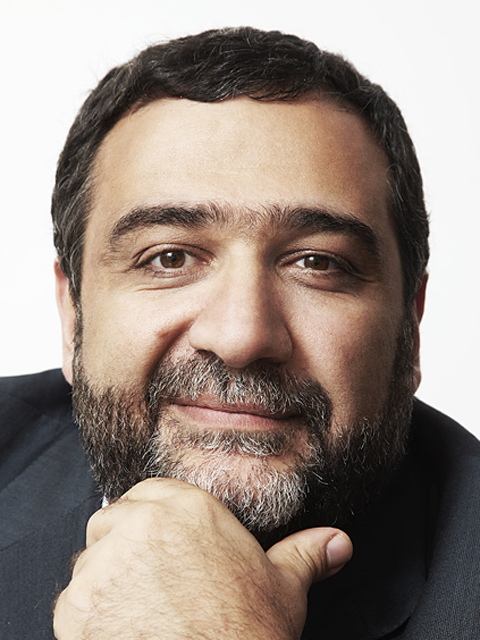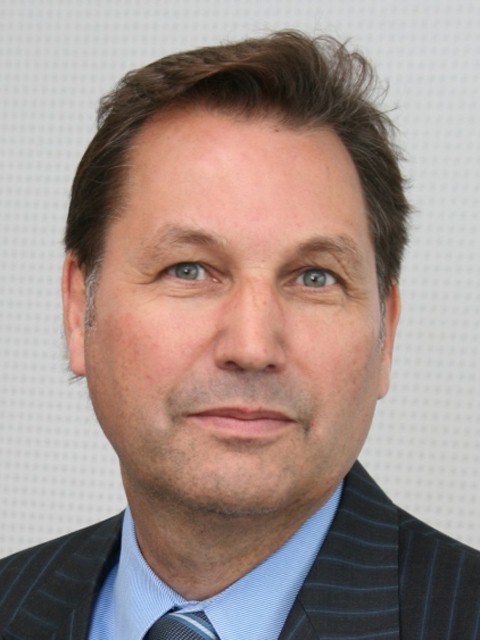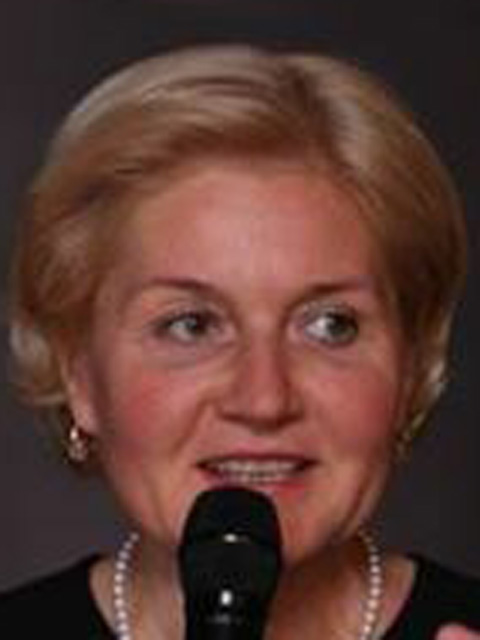THE JOBS AGENDA: NEW APPROACHES FOR BUILDING THE SKILLS BASE FOR FUTURE EMPLOYMENT
While policymakers continue to work to improve investment and job creation environments, both public and private sectors must also invest in the education and training programmes needed to build the necessary skills base for employment, particularly in the post-secondary and mid-technology sectors. Which approaches are likely to create a flexible, highly skilled workforce? What are the countries that are providing successful models that may be adopted by other economies?
Moderator:
Ruben Vardanyan ,
Entrepreneur and Philanthropist
Panellists
Bo Inge Andersson ,
President, Chief Executive Officer, GAZ Group
Olga Golodets ,
Deputy Prime Minister of the Russian Federation
Vitaly Klintsov ,
Managing partner, Russia and CIS, McKinsey & Company
Tuğrul Kudatgobilik ,
President, Turkish Confederation of Employer Associations
Maxim Topilin ,
Minister of Labour and Social Protection of the Russian Federation
Brent Wilton ,
Secretary General, International Organization of Employers











